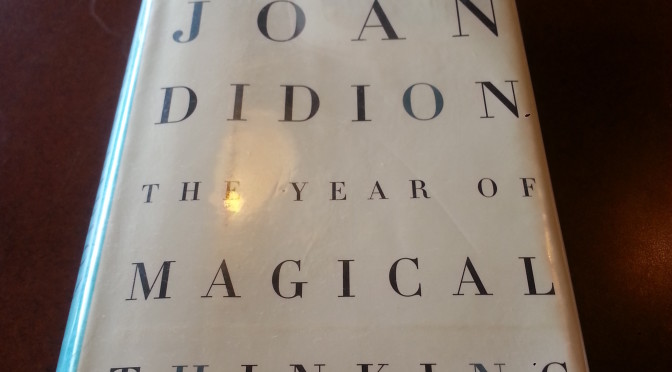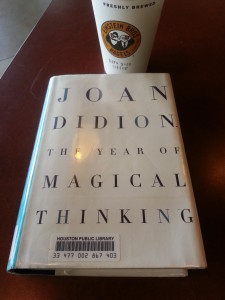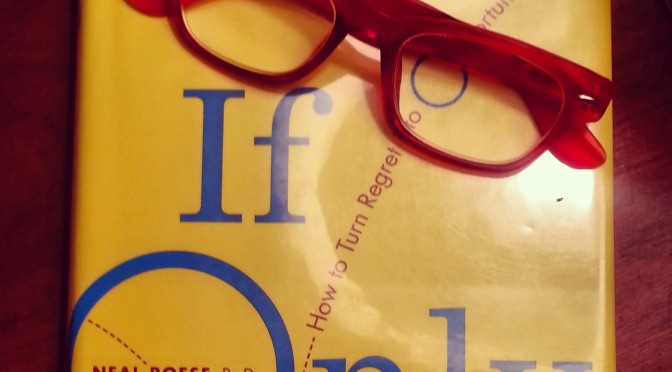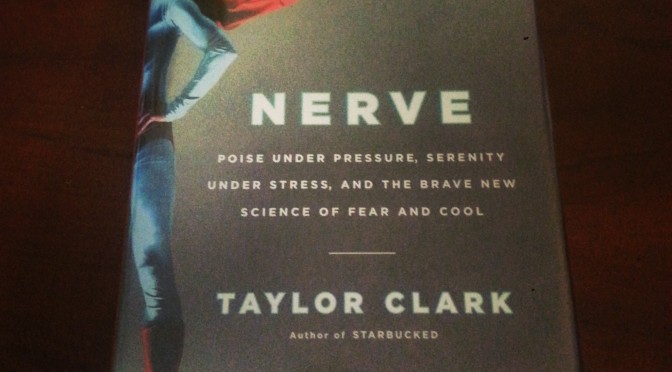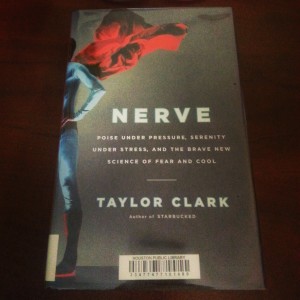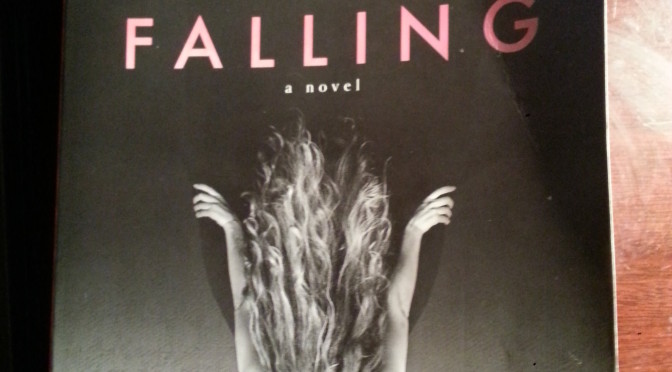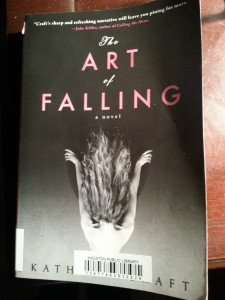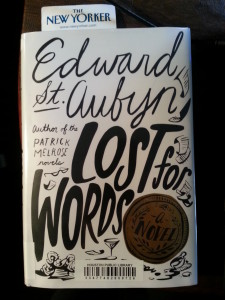A Great Read
A short while ago, I shared the three great books that I was currently reading–and thoroughly enjoying, with a promise to post about each.
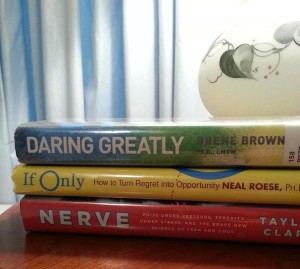
I shared here a wonderful book that touches on shame and vulnerability, Daring Greatly by Brené Brown, and here a fabulous book on getting to know and love fear, Nerve, by Taylor Clark.
In this post, I’ll share some of the wonderful take-aways from the third of the three, If Only: How to Turn Regret into Opportunity by Neal Roese, Ph.D., a leading researcher in the field of regret.
Our Fascinating Brains
Although I can’t begin here to capture the breadth of research that the author covers in this excellent book, I can tell you that he sheds a fabulous light on the marvel and miracle that are our brains.
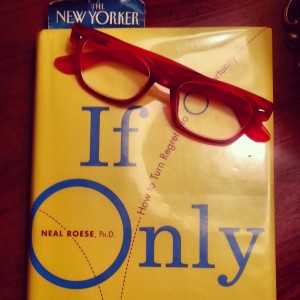
With wit and humor, and a fair share of wonder and awe, he talks about our “psychological immune system,” and other ways in which our brains and our minds work together to keep us in one piece.
Counterfactuals
One of the ways our brain helps us attempt to make sense of an often senseless-seeming world is through what science calls, counterfactuals.
Simply put, counterfactuals are fictional narratives of what might have happened if things had gone differently than they actually had. There are two types of counterfactuals, and they make us either feel better, or worse.
Downward Counterfactuals
Downward counterfactuals lift our spirits because they tell us that it could have been much worse. Say, for instance, we were almost in a major traffic accident, but narrowly avoided it, with only a small dent. There is a momentary sense of euphoria, when we realize how bad things might have been (the small dent notwithstanding), but weren’t.
Upward Counterfactuals
Upward counterfactuals on the other hand, are more difficult to handle emotionally, because they tell us how much better things might have been, if we had only taken a different course of action. The value in these, Dr. Roese helps us to see, is that they serve as compasses, so to speak, giving us direction for future actions.
Regret is Good
A life lived without hope is a life almost unbearably difficult to live. If we’ve made mistakes, hope tells us that tomorrow may very well be better.
It is in this setting that regret plays such a fundamental role. As Dr. Roese says so eloquently on the closing page: “Regret is good. Thinking about what might have been is a normal component of the brain’s attempt to make sense of the world, and of the human quest for betterment.”
And the quest for betterment is a wellspring of hope.

